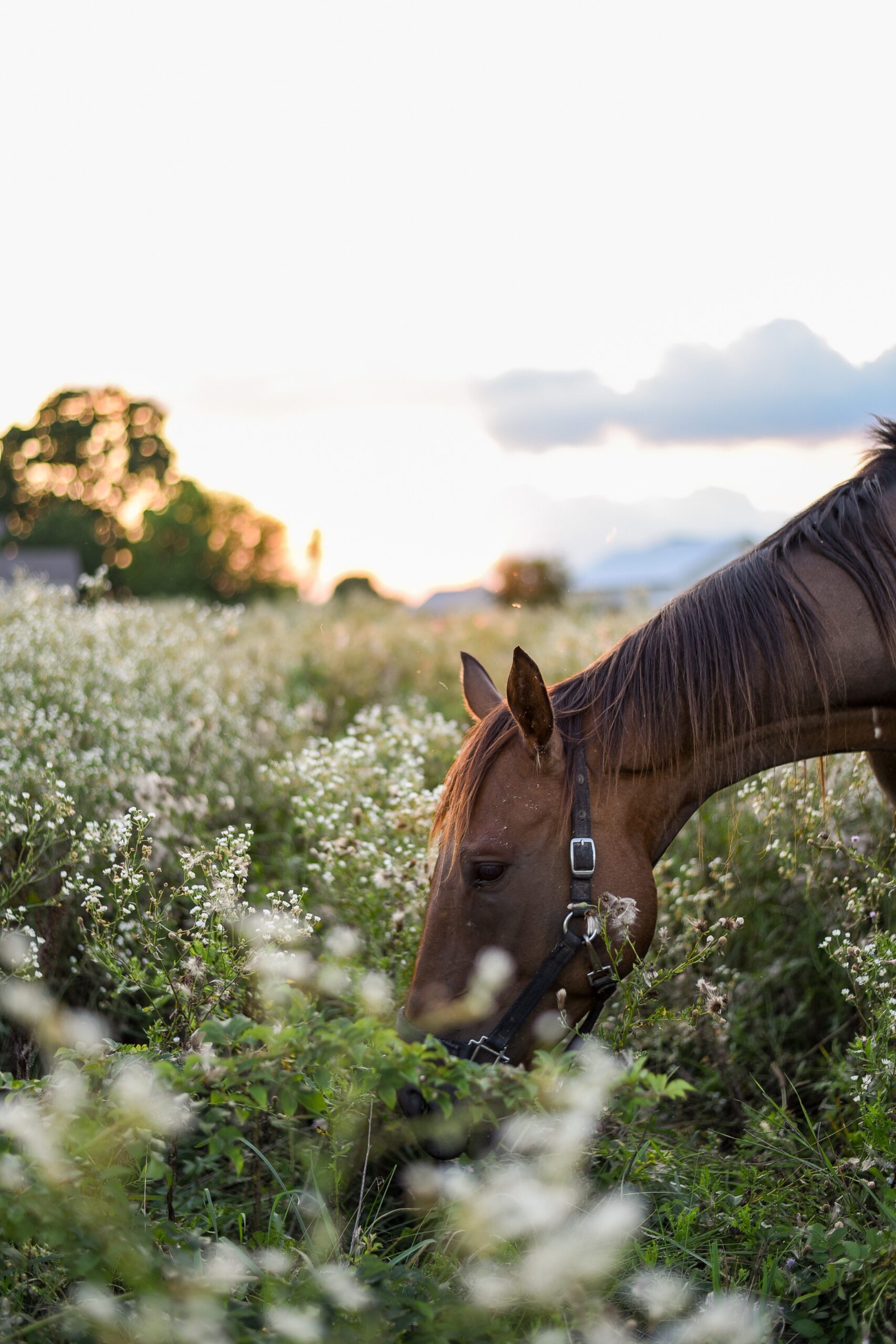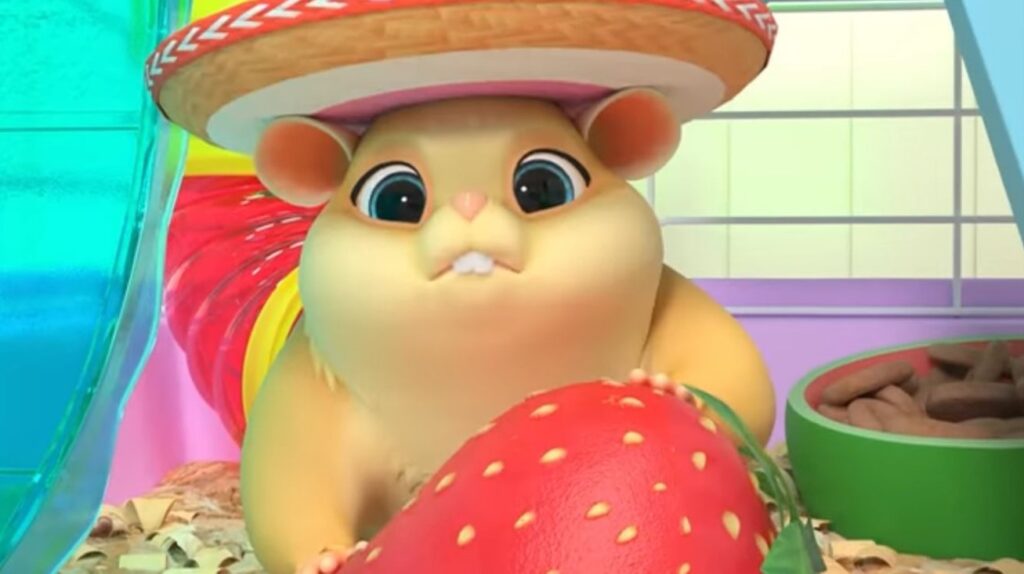9 Best Tips for Horse Dental Care
Proper dental care is essential for maintaining a horse’s overall health and well-being. Horses have unique dental requirements due to their anatomy and diet.
Here are some key aspects of horse dental care:
1. Regular Dental Check-ups:
Horses should receive regular dental check-ups by a qualified equine dentist or veterinarian. The frequency of these check-ups can vary depending on the horse’s age, diet, and dental history, but typically, it’s recommended at least once a year.
2. Dental Floating:
Dental floating is the process of filing down or leveling the horse’s teeth to remove sharp edges and points that can develop from uneven wear. These sharp points can cause pain and difficulty in chewing. Floating should be done by a trained professional using specialized tools.
3. Age-Related Dental Changes:
Horses’ dental needs change throughout their life. Young horses (under 5 years old) may need more frequent check-ups because their teeth are still erupting. Older horses may require more attention due to tooth loss, wave mouth, or hooks.
4. Diet Considerations:
Horses are natural grazers, and their diet of fibrous vegetation can lead to dental problems if their teeth aren’t properly maintained. Dental issues can affect their ability to chew and digest food, leading to weight loss and malnutrition.
5. Signs of Dental Problems:
Be vigilant for signs of dental issues, such as dropping food, difficulty chewing, head tossing while eating, weight loss, or foul breath. If you notice any of these signs, consult a veterinarian or equine dentist promptly.
6. Proper Feeding:
Feed your horse a diet appropriate for their age and activity level. Consider providing soaked or softened feeds for older horses or those with dental issues to make chewing easier.
7. Routine Dental Care:
In addition to professional dental check-ups, you can perform routine dental care at home by observing your horse’s eating habits and inspecting its mouth for any abnormalities or discomfort. However, any dental procedures beyond basic inspection should be done by a professional.
8. Behavioral Training:
It’s essential to train your horse to accept dental care calmly. This helps reduce stress during dental procedures and makes it safer for both the horse and the caregiver.
9. Records and Documentation:
Keep records of your horse’s dental care, including dates of check-ups, procedures performed, and any identified issues. This information is valuable for tracking your horse’s dental health over time.
Remember that dental care is a crucial aspect of overall horse health, and neglecting it can lead to serious health problems. Consult a veterinarian or equine dentist for guidance on your specific horse’s dental care needs.
FAQ’S
Certainly! Here are some frequently asked questions about horse dental care:
1. Why is dental care important for horses?
Dental care is crucial for horses to maintain proper chewing, digestion, and overall health. Horses have continuously growing teeth that can develop sharp points and irregularities, leading to discomfort, difficulty eating, and other health issues if not addressed.
2. How often should I have my horse’s teeth checked by a veterinarian or equine dentist?
Horses should have their teeth checked by a qualified veterinarian or equine dentist at least once a year. However, some horses may require more frequent check-ups depending on their age, diet, and dental history.
3. What is dental floating, and why is it necessary?
Dental floating is the process of filing down or leveling a horse’s teeth to remove sharp edges and points. It is necessary to prevent these sharp points from causing pain, difficulty in chewing, and other dental issues. It should be performed by a trained professional.
4. How can I tell if my horse has dental problems?
Signs of dental issues in horses can include dropping feed, quidding (dropping partially chewed food), weight loss, reluctance to eat, head tossing while eating, and foul breath. Regularly observing your horse’s behavior and eating habits can help detect problems.
5. Can I perform dental care on my horse myself?
Basic dental inspection can be done at home, but any dental procedures, such as floating or tooth extraction, should be performed by a trained professional. Dental care for horses can be complex and requires specialized tools and expertise.
6. What should I feed my horse for good dental health?
Provide your horse with a diet that includes high-quality forage, such as hay or pasture, to encourage natural chewing and tooth wear. Limit concentrates or grain-based feeds and choose products that promote dental health.
7. How do I train my horse for dental care procedures?
Training your horse to accept dental care procedures calmly is essential. Positive reinforcement techniques and gradual desensitization can help your horse become more comfortable with dental exams and treatments. Consult with a professional trainer if needed.
8. Are certain horse breeds more prone to dental problems?
Some horse breeds may have genetic predispositions to certain dental issues, but dental health can vary widely among individual horses. Regular dental check-ups are essential for all breeds.
9. What records should I keep regarding my horse’s dental care?
Maintain records of your horse’s dental check-ups, procedures performed, and any identified issues. This information helps track your horse’s dental health over time and assists your veterinarian in providing appropriate care.
10. Can dental problems lead to other health issues in horses?
Yes, dental problems can lead to secondary health issues, such as weight loss, digestive problems, and even behavioral issues due to pain or discomfort. Proper dental care is essential for overall equine health.
Always consult with a veterinarian or equine dentist for specific questions and concerns related to your horse’s dental care. They can provide guidance tailored to your horse’s individual needs and ensure their dental health is well-maintained.




